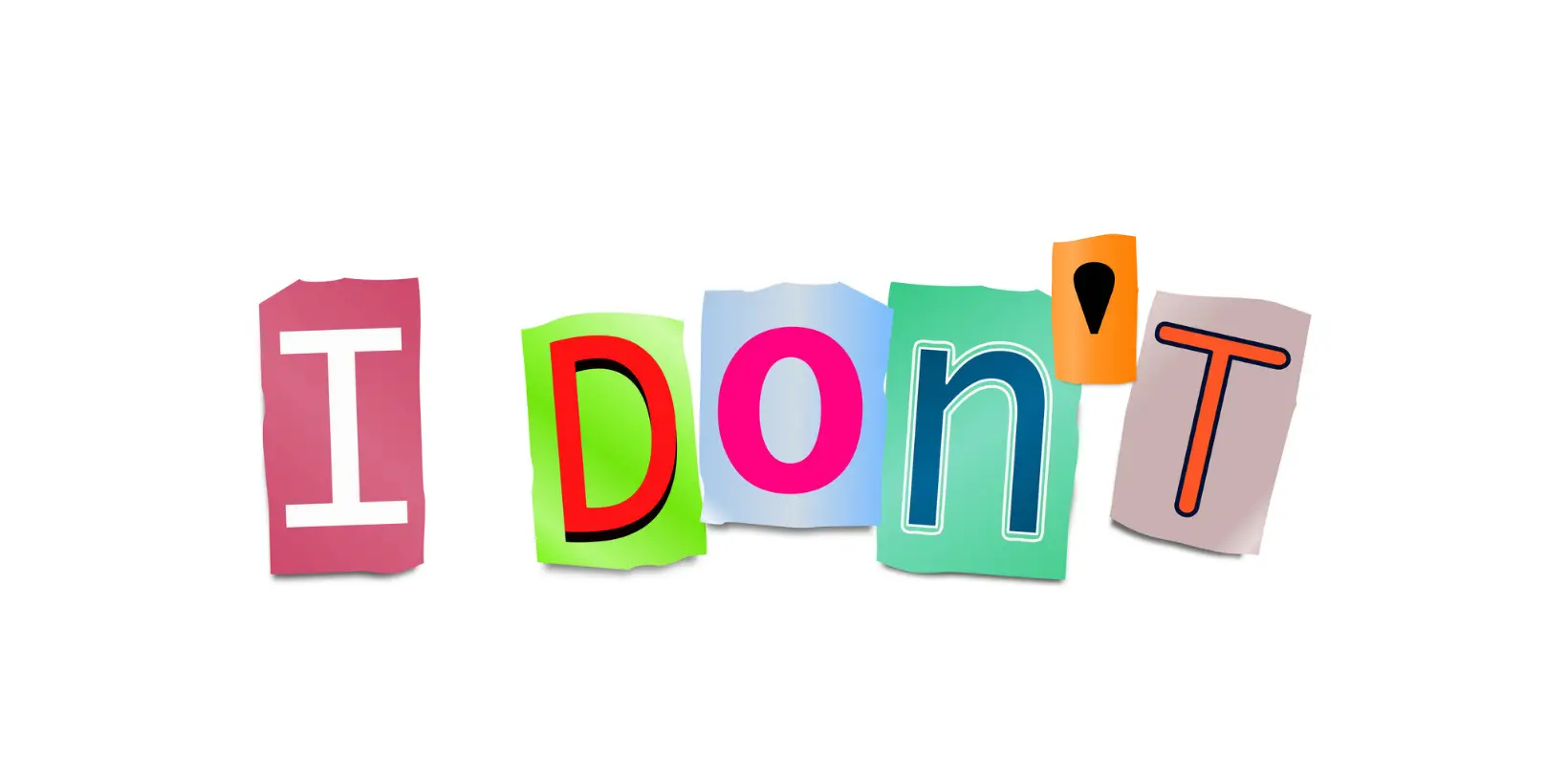I recently listened to a podcast interview with retired US Navy Captain David Marquet. His book, Turn the Ship Around!: A True Story of Turning Followers into Leaders, recounts the leadership principles he used to turn around the nuclear-powered submarine, Santa Fe, from the worst to the best retention rate in the fleet.
During the interview Marquet shared how giving his subordinates the freedom to speak their minds made everybody better. Then he mentioned one phrase that made me pause and rewind. Instead of saying, “I can’t,” say “I don’t.”
Let me break it down.
Saying “I don’t” is taking responsibility for self. It’s knowing what you believe, where you want to go and what you want to achieve, as well as setting healthy boundaries to get there. It also creates a sense of agency to help you feel more in control of your life.
Here some examples:
- I don’t eat snacks after dinner.
- I don’t start the day until after I pray, journal and read devotions.
- I don’t do meetings during my most productive time of day so I can think, create and problem-solve.
On the other hand, saying “I can’t” gives up your sense of agency and will make you more susceptible to surrounding togetherness pressure. It’s the opposite of taking responsibility for self. Replace “don’t” with “can’t” in the above statements and see how it feels.
Finally, saying “I don’t” creates a healthier boundary and makes it less likely that someone will try to convince you to change your mind. When you say, “I can’t,” they’ll be more likely to wonder WHY you “can’t,” and might even challenge you on this. You’ll then have to spend energy defending your decision. This can happen even when you say, “I don’t,” but the change of one word adds a note of conviction that will make surrounding togetherness pressure less likely.
So, whether you need to change this one word to convince yourself or help you with others who might sidetrack you, give it a try. After all, who says you can’t? It’s your choice, so own it. That’s what non-anxious leaders do.


